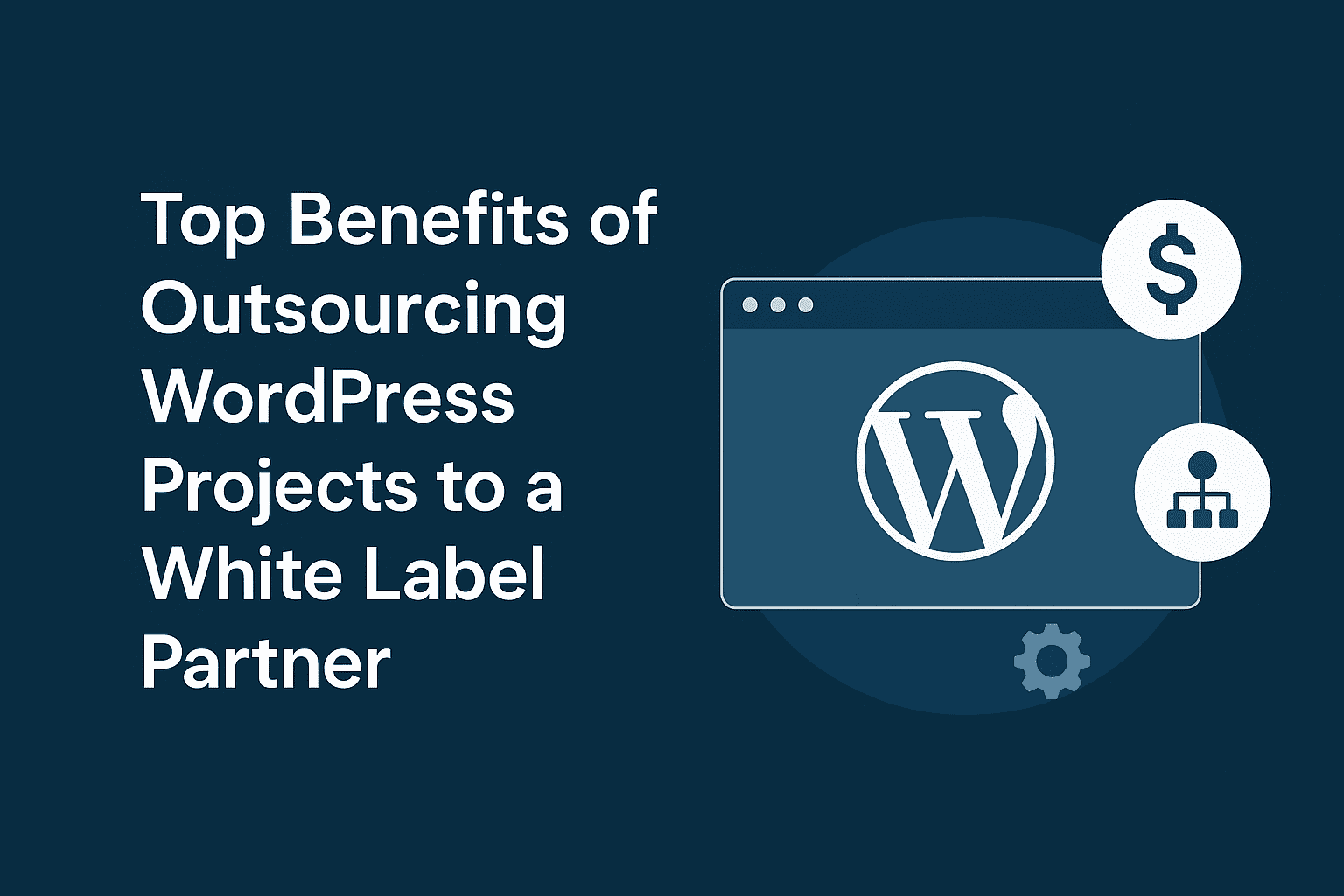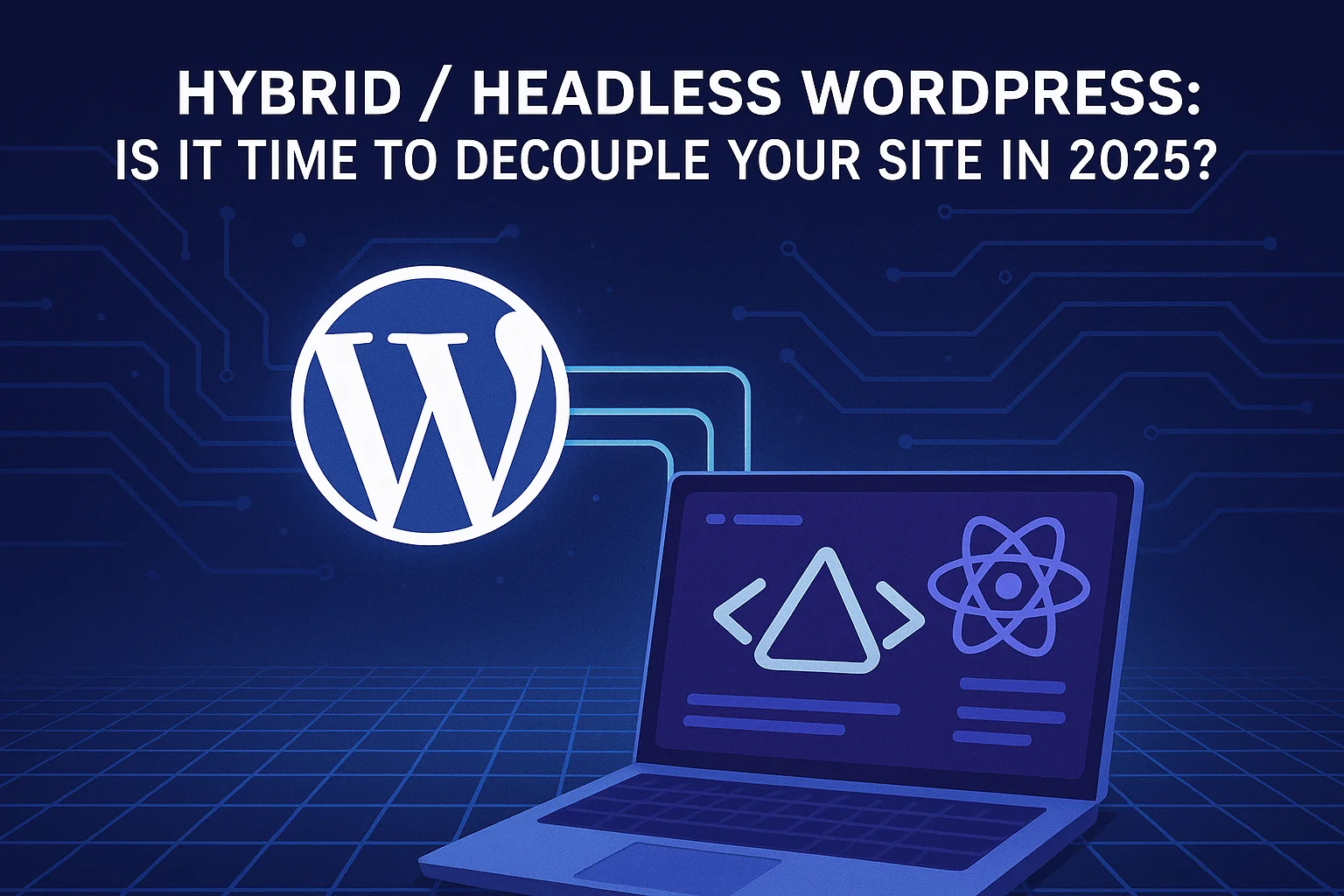In today’s dynamic digital landscape, WordPress remains the leading platform for building websites, thanks to its versatility, scalability, and ease of use. Whether you’re creating a high-performing WooCommerce store or an impactful informational website, staying ahead with modern techniques and trends is crucial for delivering exceptional user experiences. Let’s dive into the strategies shaping WordPress development in 2025.
1. Full-Site Editing (FSE): Revolutionizing Customization
Full-Site Editing empowers developers and content creators to gain complete control over a site’s design and structure. Utilizing the Gutenberg block editor, FSE offers:
- Seamless customization of headers, footers, and templates without external page builders.
- Reusable block patterns to ensure consistent design.
- Global styles for site-wide design updates.
This feature is a game-changer for WooCommerce, enabling dynamic product page and checkout customizations without extensive coding.
2. Headless WordPress: Speed and Scalability
Headless WordPress separates the front-end user interface from the back-end content management, utilizing modern JavaScript frameworks like React, Vue.js, or Next.js. Benefits include:
- Real-time updates and lightning-fast load times for WooCommerce stores.
- Enhanced scalability for interactive informational websites with features like maps, quizzes, and visualizations.
- Seamless integration with APIs and third-party services.
3. AI and Automation: Smarter Websites
Artificial intelligence is transforming WordPress development. Key applications include:
- SEO Optimization: AI-powered plugins like RankMath and Yoast SEO refine content for better rankings.
- Customer Insights: AI tools analyze user behavior, offering personalized product recommendations and dynamic pricing for WooCommerce.
- Chatbots: AI-driven chatbots enhance customer engagement and support.
4. Progressive Web Apps (PWAs): Next-Level User Experience
Transform your WordPress site into a Progressive Web App to deliver app-like experiences in a browser. PWAs offer:
- Faster load times and offline access.
- Push notifications to boost engagement.
- Seamless mobile experiences for WooCommerce and informational websites.
PWAs are particularly effective for improving conversion rates on e-commerce platforms.
5. Advanced WooCommerce Features: Enhancing E-commerce
Modern WooCommerce development prioritizes a frictionless shopping experience. Key innovations include:
- One-Click Checkout: Reduces cart abandonment rates by simplifying purchases.
- AR/VR Integration: Allows customers to visualize products in their space.
- Subscription Models: WooCommerce Subscriptions enable recurring revenue.
- Localized Stores: Multi-currency and multilingual support for global reach.
6. Sustainable and Green Hosting: Eco-Friendly Websites
Sustainable hosting is becoming essential for environmentally conscious businesses. Green hosting providers offer:
- Energy-efficient data centers.
- Carbon offset programs.
- Eco-friendly server technology for improved site performance.
This aligns with WordPress’s mission to democratize publishing responsibly.
7. Accessibility and Inclusivity: Designing for Everyone
Creating inclusive websites ensures all users, including those with disabilities, can access your content. Key practices include:
- Following WCAG (Web Content Accessibility Guidelines).
- Using ARIA (Accessible Rich Internet Applications) roles and landmarks.
- Ensuring compatibility with screen readers and keyboard navigation.
These techniques are vital for both WooCommerce and informational websites to meet legal and ethical standards.
8. Minimalist and Performance-First Design
Modern websites prioritize speed and simplicity. Adopt these practices:
- Clean Code: Minimize unnecessary scripts and styles.
- CDNs: Use Content Delivery Networks for faster asset delivery.
- Lazy Loading: Load non-critical assets only when needed.
- Responsive Design: Ensure smooth performance across all devices.
9. Security Enhancements: Protecting Your Website
Cybersecurity is critical for WordPress websites. Best practices include:
- Regular updates for core, themes, and plugins.
- Two-factor authentication (2FA) for user accounts.
- Secure hosting and SSL certificates.
- Deploying Web Application Firewalls (WAFs).
For WooCommerce stores, PCI compliance is essential to safeguard payment data.
10. Personalization Through Data: Tailored Experiences
Leverage user data to create personalized experiences, such as:
- Customized product recommendations in WooCommerce.
- Dynamic content on informational websites based on user preferences.
- A/B testing for optimizing layouts, CTAs, and content.
Internal Links for Enhanced Navigation
- Learn more about WordPress SEO Optimization.
- Explore our guide to Building Custom WooCommerce Stores.
- Check out tips for Improving Website Accessibility.
- Discover Top Security Practices for WordPress.
Conclusion: Stay Ahead in WordPress Development
The WordPress ecosystem continues to evolve, presenting exciting opportunities for innovation. By embracing these modern techniques and trends, your WooCommerce and informational websites can achieve exceptional performance and engagement.
For expert WordPress development services, visit vnmaurya.com and let’s build something extraordinary together!



